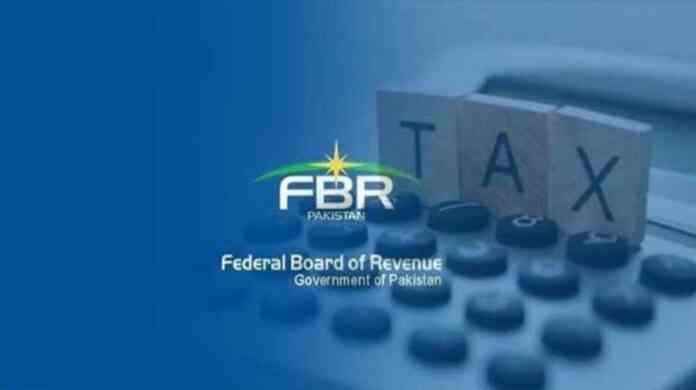Karachi, September 8, 2025 – The Federal Board of Revenue (FBR) has issued comprehensive guidelines for maintaining records related to taxable supplies during the tax year 2025-26.
These measures have been introduced under the updated Sales Tax Act, 1990, which now includes amendments from the Finance Act, 2025. The move is aimed at ensuring transparency, improving compliance, and making tax liability assessments more accurate and efficient.
Detailed Requirements under Section 22
According to Section 22 of the Sales Tax Act, every registered person engaged in taxable supplies must maintain complete and accurate records either at their business premises or registered office. The law permits maintenance of records in either English or Urdu, ensuring accessibility.
The list of required documentation is extensive. For supplies, the records must clearly indicate the description, quantity, and value of goods, along with the buyer’s name, address, and the amount of tax charged. Similarly, records of purchases must include the supplier’s details, registration number, and tax amount. Imported goods also require a complete log showing description, quantity, value, and tax paid at the import stage.
Special Focus on Zero-Rated and Exempt Supplies
To ensure proper monitoring, businesses must also maintain records of zero-rated and exempt supplies. This provision prevents misuse of tax exemptions and ensures that such supplies are properly accounted for in official records.
Additionally, businesses are required to maintain double-entry sales tax accounts, invoices, credit and debit notes, utility bills, salary details, rental and lease agreements, and even records of transport receipts such as gate passes and inward/outward challans. An electronic version of these records is also mandated, signaling FBR’s push toward digital recordkeeping.
Bank Accounts and Electronic Systems
One of the key changes introduced is related to the use of business bank accounts. The FBR now has the authority to require registered persons to declare specific accounts for all purchase and sales transactions. This ensures that payments and tax liabilities tied to taxable supplies are traceable through banking channels. Furthermore, registered persons may be asked to adopt electronic fiscal cash registers or prescribed software for maintaining records and filing sales tax returns.
Audit and Compliance Obligations
For companies whose accounts are subject to statutory audit under the Companies Ordinance, 1984, the law now requires submission of audited accounts along with a certificate from auditors confirming payment of due tax. This step aims to align corporate reporting with tax compliance.
Strengthening Accountability
By emphasizing strict maintenance of records, the FBR is seeking to close loopholes often exploited by businesses engaged in taxable supplies. Proper records not only safeguard businesses in the event of an audit but also allow them to claim legitimate input tax adjustments without disputes.
In essence, these new provisions underline the growing importance of recordkeeping in Pakistan’s tax framework. Businesses dealing in taxable supplies are advised to comply fully with the updated requirements to avoid penalties and ensure smooth operations during 2025-26.
Disclaimer: This article is intended for informational purposes only. It summarizes the provisions of Section 22 of the Sales Tax Act, 1990 as updated through the Finance Act, 2025. It should not be taken as legal or professional tax advice. Businesses and individuals engaged in taxable supplies should consult qualified tax advisors or refer directly to official notifications and circulars issued by the Federal Board of Revenue (FBR) for compliance and recordkeeping requirements.
